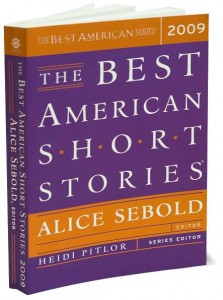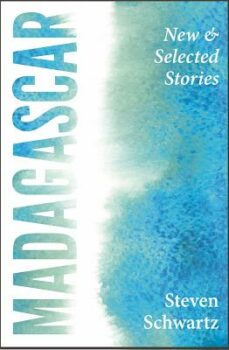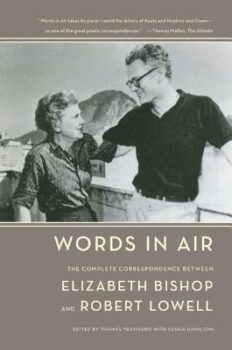
The Millions pointed us to this interesting analysis of the Best American Short Stories series from the blog Years of BASS. Jake, the brain behind Years of BASS, has read all of the collections since the 1978 edition and compiled some statistics. C. Max Magee (of The Millions) reports:
Interestingly, Alice Munro, though Canadian, has made the most BASS appearances over the last 30 years by a wide margin with 18 appearances. After her come some more of the leading lights of short fiction: Joyce Carol Oates and John Updike with nine stories each; Mavis Gallant (another Canadian) with eight; Joy Williams and Tobias Wolff with seven stories a piece; Lorrie Moore and Rick Bass with six stories each; and Charles Baxter, Raymond Carver, and Tim Gautreaux with five stories each.
All told, these writers have accounted for about 13%. Writers with four or more stories have accounted for 21% of all the stories in the series; writers with three or more, 31% of the stories; and writers with two or more, for 52% of the series. This means that writers who had only one BASS story during the 30-year span accounted for about 48% of the stories in the series during that time.
I suppose you can draw a couple of very different conclusions from this. Since 52% of the stories over the past 30 years are by repeat writers, you could conclude that once you’ve gotten a story in, your chances of having another selected are somewhat better. But since 48% of BASS stories are one-offs, you could also conclude that–shockingly!–BASS inclusion is by no means a free pass to the in club.
[Incidentally, earlier this year, The Millions did both qualitative and quantitative analysis of the New Yorker. A couple years back, a Princeton undergrad did the same. The results are roughly comparable to the BASS analysis: some writers appear over and over (we’re looking at you, Alice Munro); a large number appear just once.]
Here’s my suggestion for the next number-crunching project: how many BASS authors go on to publish one or more books? It would be interesting to see whether there’s any correlation between BASS inclusion and later writing success. Any volunteers?





